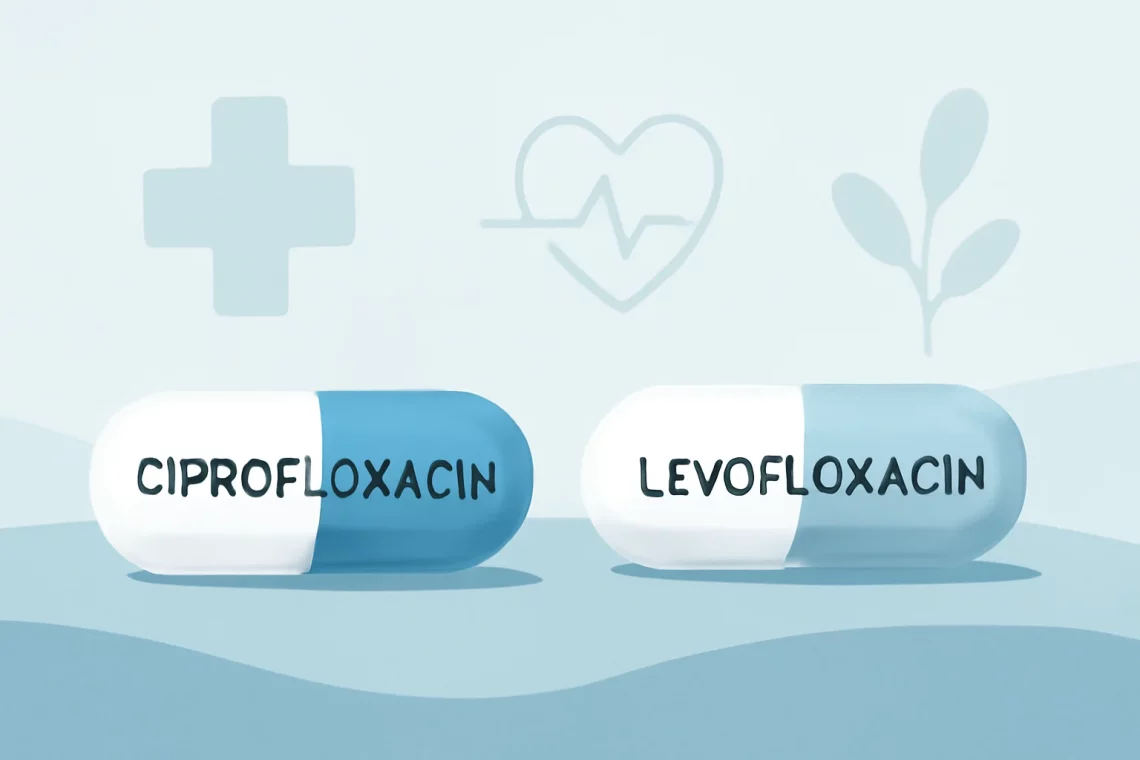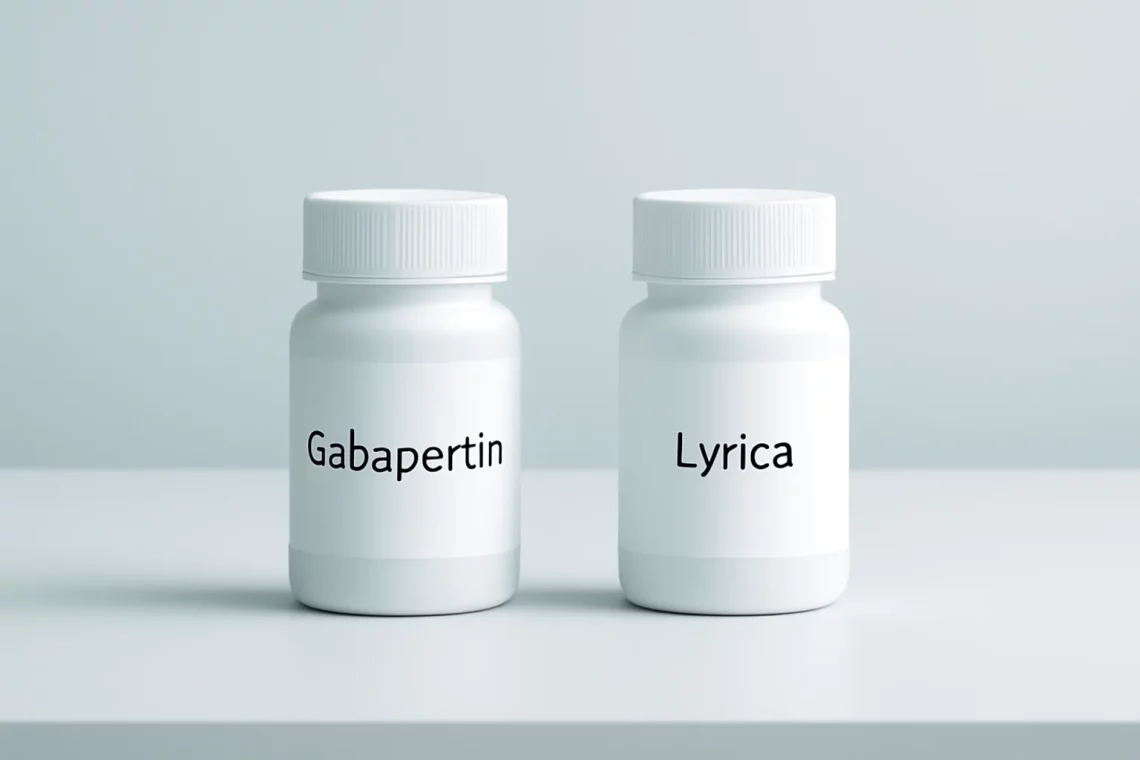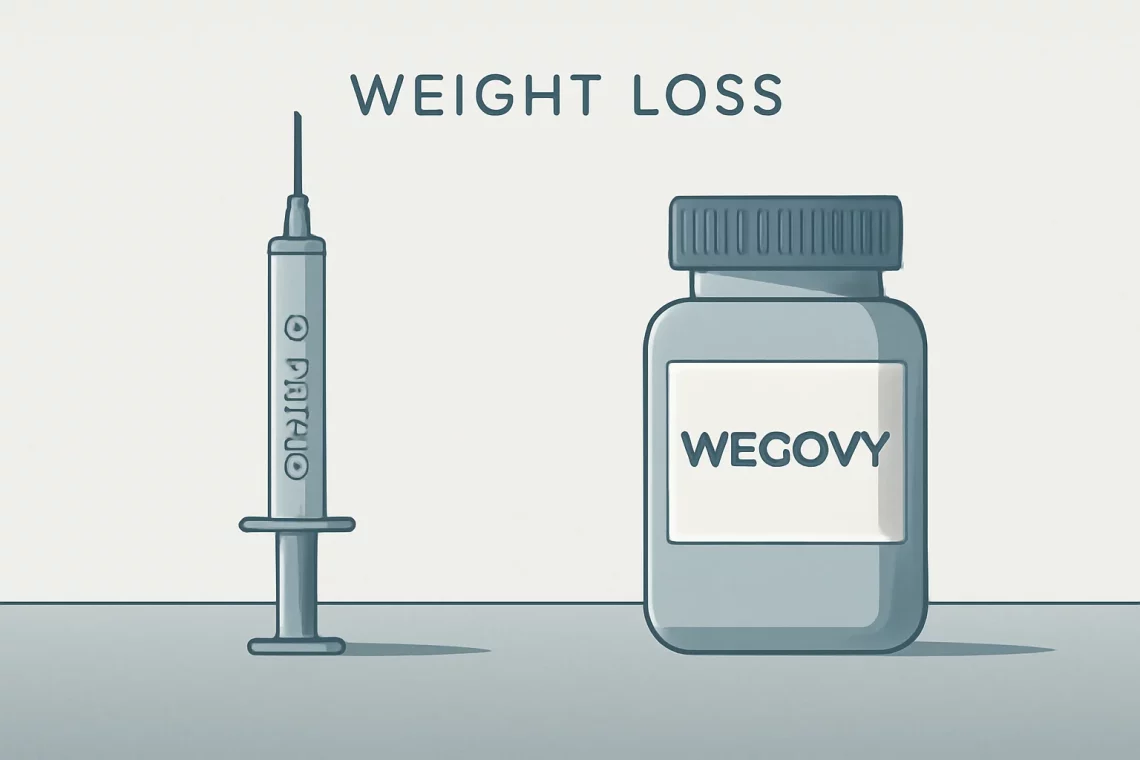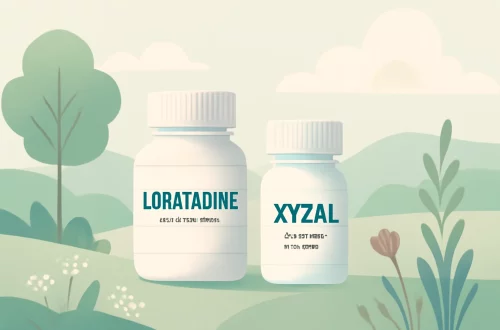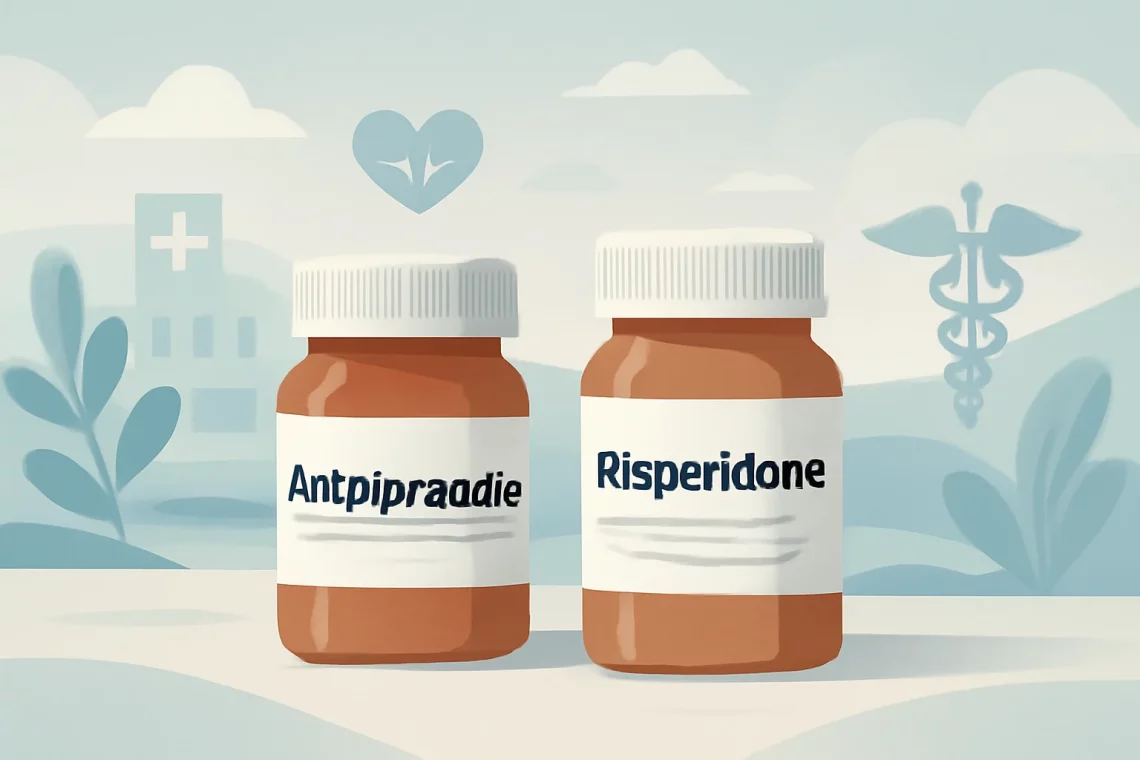Health
-
Melatonin vs Valerian Root: Which Sleep Aid is Right for You?
The quest for a good night’s sleep has led many people to explore various natural remedies. Among the most popular options are melatonin and valerian root, both of which have gained significant attention for their sleep-enhancing properties. Melatonin, a hormone naturally produced in the body, plays a crucial role in regulating the sleep-wake cycle. Valerian root, on the other hand, is an herbal supplement derived from the valerian plant, known for its calming effects. While both substances target sleep issues, they do so in different ways and may suit different individuals based on their unique needs and health profiles. As sleep disturbances become increasingly common in today’s fast-paced world, understanding…
-
Ciprofloxacin vs Levofloxacin: Which Antibiotic is Right for You?
Ciprofloxacin and Levofloxacin are two widely used antibiotics that belong to the fluoroquinolone class of drugs. These medications are commonly prescribed to treat various bacterial infections, making them vital tools in modern medicine. Their effectiveness against a broad range of pathogens has made them popular choices among healthcare providers. However, despite their similarities, there are distinct differences between these two medications that can influence treatment decisions. The rise of antibiotic resistance has further complicated the landscape of bacterial infections, necessitating a deeper understanding of the available treatment options. Healthcare professionals often assess the specific characteristics of each antibiotic, including their spectrum of activity, pharmacokinetics, and potential side effects, to determine…
-
Gabapentin vs Lyrica: A Comprehensive Comparison of Two Medications
Gabapentin and Lyrica are two medications commonly used to manage various types of nerve pain and certain seizure disorders. Both drugs belong to a class of medications known as anticonvulsants, which work by stabilizing electrical activity in the brain and modulating neurotransmitter release. Despite their similar purposes, gabapentin and Lyrica (pregabalin) have distinct formulations, efficacy profiles, and potential side effects, making it essential for healthcare providers to carefully consider which medication may be most appropriate for each individual patient. The rise in awareness regarding chronic pain conditions has led to increased usage of these medications, often resulting in confusion among patients who may not fully understand the differences between them.…
-
Hydrocodone vs Oxycodone: Which Pain Reliever Is Right for You?
The use of prescription pain medications has become increasingly common in managing chronic pain and postoperative discomfort. Among the various options available, hydrocodone and oxycodone are two of the most frequently prescribed opioids. Both drugs are designed to provide significant relief from pain, yet they differ in terms of their chemical composition, potency, and potential side effects. Understanding the nuances between hydrocodone and oxycodone is essential for both patients and healthcare professionals. As the opioid crisis continues to affect communities worldwide, responsible prescribing and usage of these medications are more critical than ever. Recognizing when to use one over the other can impact treatment effectiveness and the overall well-being of…
-
Viagra vs Levitra: Which Erectile Dysfunction Treatment is Right for You?
Erectile dysfunction (ED) is a common condition that affects millions of men around the world. It can be caused by a variety of factors, including psychological issues, medical conditions, and lifestyle choices. As awareness of ED has increased, so has the demand for effective treatments. Among the most well-known medications for ED are Viagra and Levitra. Both of these drugs have been designed to improve erectile function, but they work in slightly different ways and may have varying effects on different individuals. With the rise of online pharmacies and widespread access to information, many men are seeking to understand the differences between these two medications. Questions about effectiveness, side effects,…
-
Amoxicillin vs Augmentin: Key Differences and Uses Explained
Amoxicillin and Augmentin are both widely used antibiotics, each playing a significant role in treating bacterial infections. Understanding their differences, similarities, and appropriate uses is essential for anyone considering these medications. Amoxicillin is a penicillin-type antibiotic that works by inhibiting the growth of bacteria, making it effective against a variety of infections, including those affecting the respiratory tract, urinary tract, and skin. On the other hand, Augmentin combines amoxicillin with clavulanate potassium, a beta-lactamase inhibitor. This combination enhances its efficacy against bacteria that produce enzymes capable of breaking down amoxicillin, making Augmentin a stronger option in certain clinical scenarios. Both medications have been in common use for many years, and…
-
Ozempic vs Wegovy: Which Weight Loss Solution Is Right for You?
Ozempic and Wegovy have emerged as two significant players in the realm of weight management and diabetes treatment. Both medications are based on the same active ingredient, semaglutide, yet they serve distinct purposes and target different patient populations. With the growing prevalence of obesity and type 2 diabetes, understanding the nuances between these two options is crucial for patients and healthcare providers alike. Each drug has its own set of benefits, potential side effects, and administration methods, which can greatly influence a patient’s choice. The demand for effective solutions to manage weight and blood sugar levels is at an all-time high, leading to increased interest in these medications. As individuals…
-
Esomeprazole vs Omeprazole: Which is Right for You?
Esomeprazole and omeprazole are both medications that belong to a class known as proton pump inhibitors (PPIs). These drugs are primarily used to treat conditions related to excessive stomach acid, such as gastroesophageal reflux disease (GERD), peptic ulcers, and Zollinger-Ellison syndrome. With the increasing prevalence of acid-related disorders, the importance of understanding these medications has grown significantly. Esomeprazole, often marketed under the brand name Nexium, is a specific isomer of omeprazole, which means that it has a slightly different chemical structure and may offer distinct pharmacological properties. Both medications work by blocking the proton pump in the stomach lining, effectively reducing the production of gastric acid. As a result, they…
-
Metoprolol vs Nadolol: Key Differences and Uses Explained
Metoprolol and Nadolol are two common medications belonging to the class of beta-blockers, which are widely used in the management of various cardiovascular conditions. These medications help in lowering blood pressure, reducing heart rate, and alleviating symptoms associated with heart-related ailments. Beta-blockers work by blocking the effects of adrenaline on beta-adrenergic receptors, thus decreasing the heart’s workload and improving overall cardiac efficiency. The choice between Metoprolol and Nadolol often depends on the specific health needs of the patient, the presence of other medical conditions, and how well they respond to treatment. While both medications serve similar purposes, their pharmacokinetics, side effects, and specific indications can vary significantly. Understanding these differences…
-
Aripiprazole vs Risperidone: Choosing the Right Antipsychotic Treatment
Aripiprazole and risperidone are two commonly prescribed medications used primarily in the treatment of various mental health conditions. Both belong to a class of drugs known as antipsychotics, but they differ significantly in their mechanisms of action, side effects, and overall effectiveness for different conditions. Understanding their differences and similarities can be crucial for patients, caregivers, and healthcare professionals when making informed decisions regarding treatment options. As mental health awareness continues to grow, so does the need for effective treatment strategies. Medications like aripiprazole and risperidone play a vital role in managing symptoms of disorders such as schizophrenia, bipolar disorder, and major depressive disorder. However, the choice between these two…




